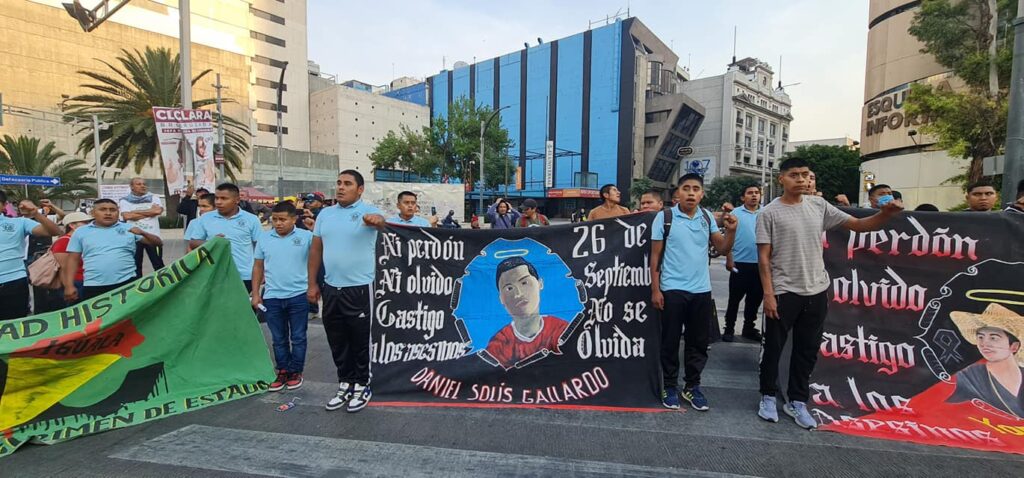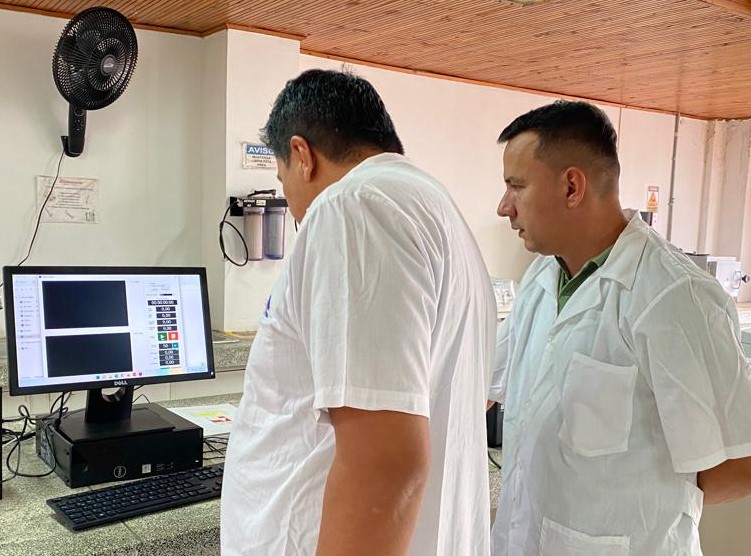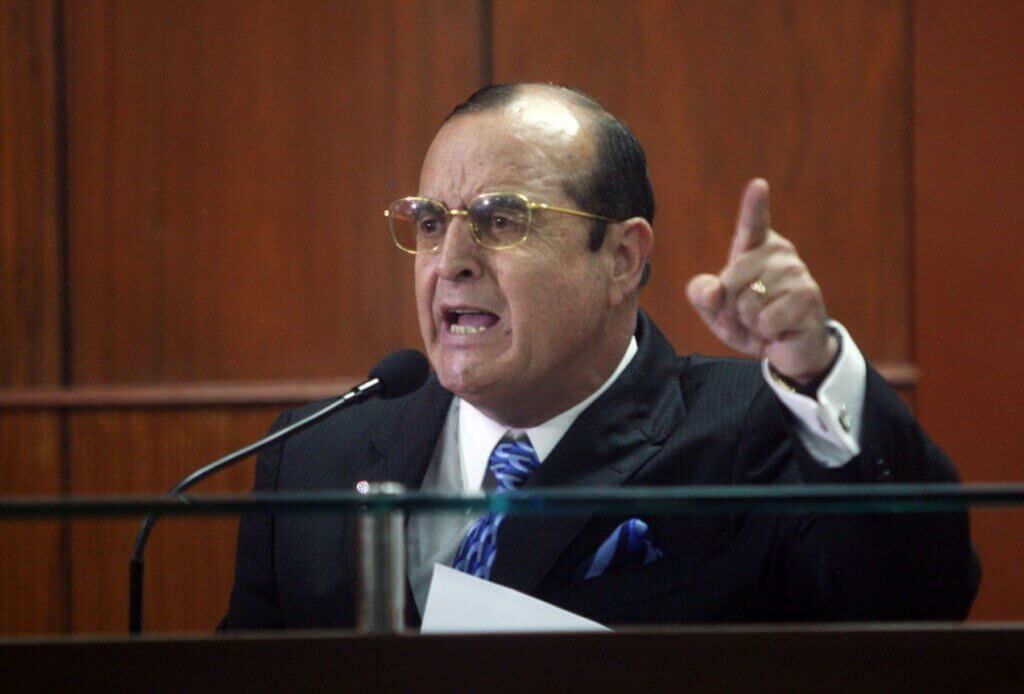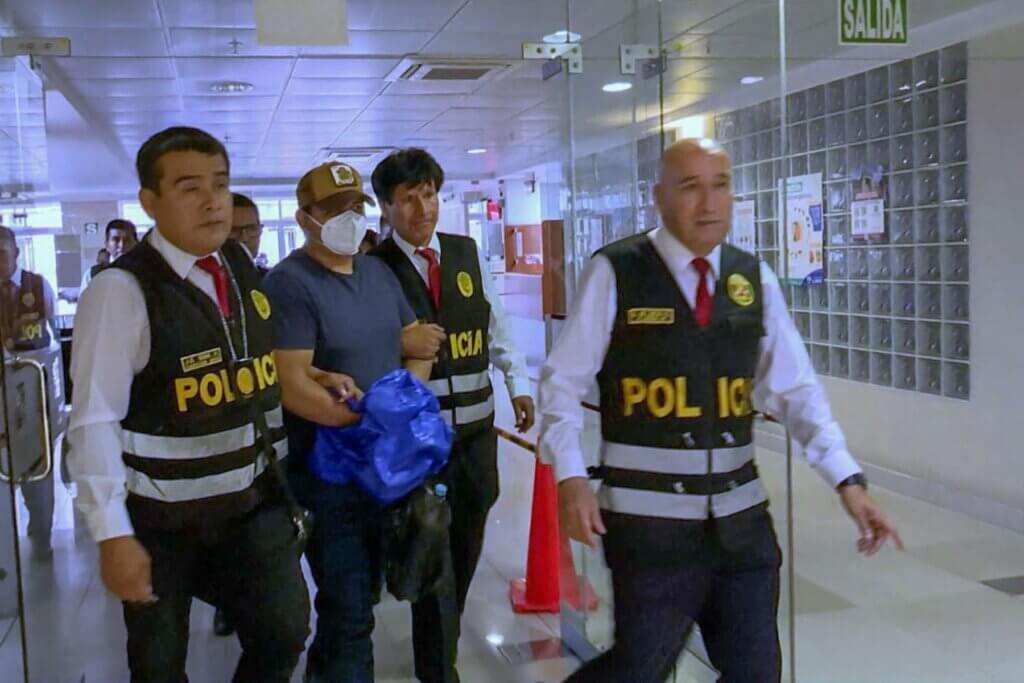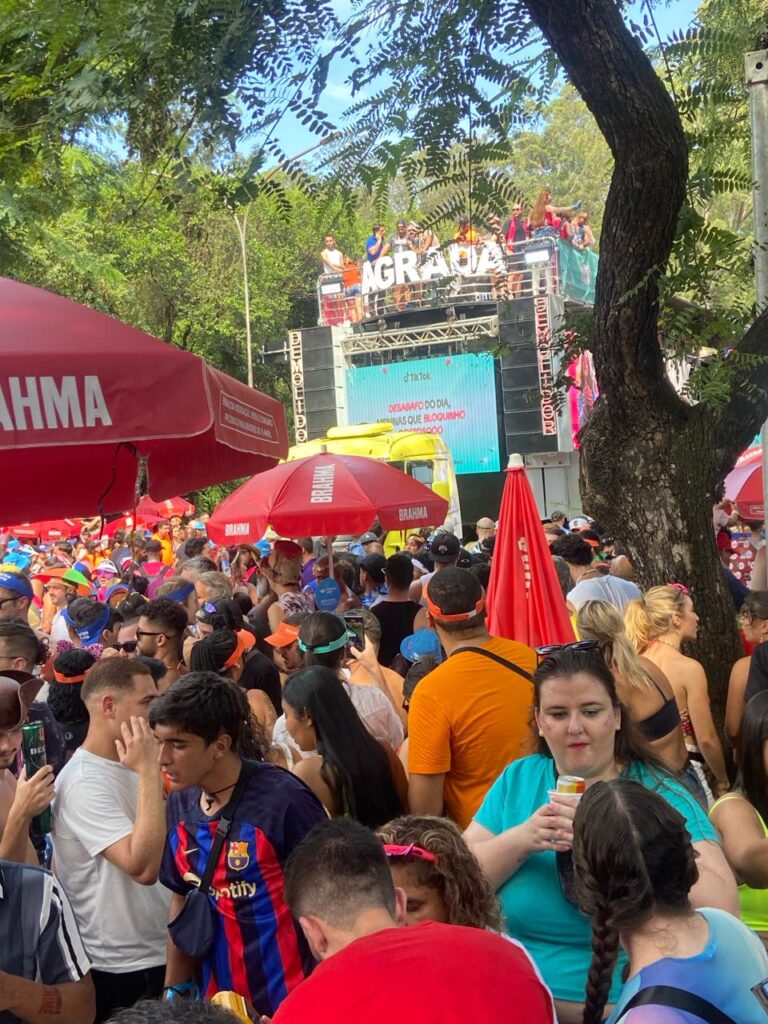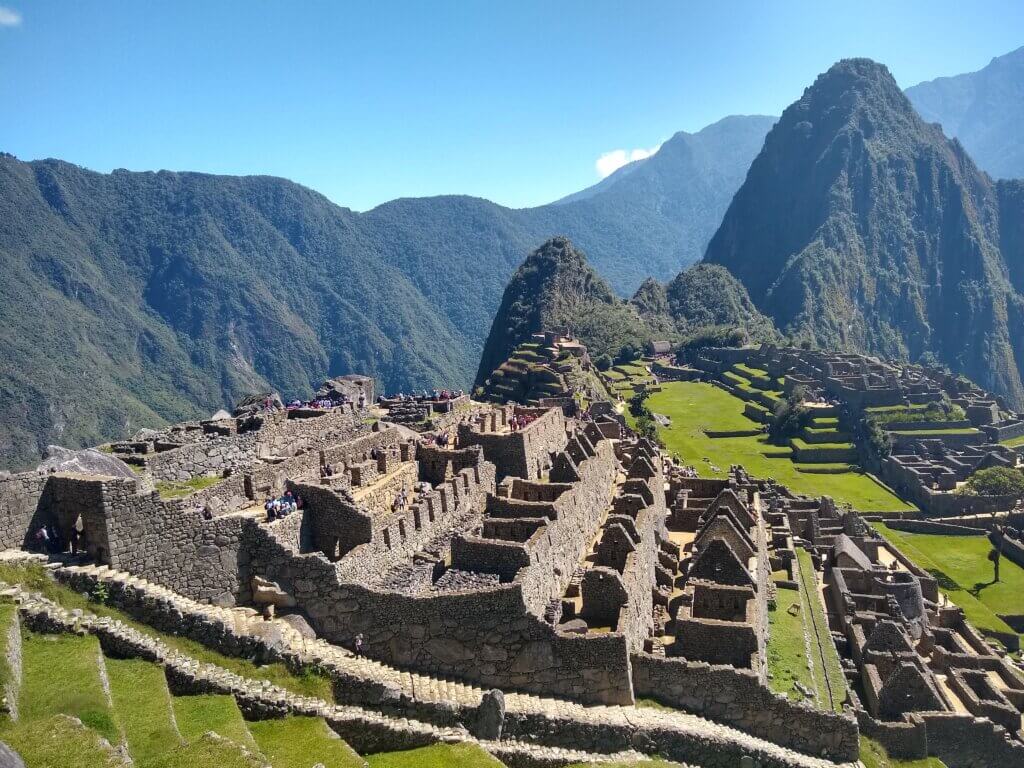The run-up to Argentina’s elections in October has been eventful so far. The expected stand-off between current President Mauricio Macri, criticized for his management of the economic crisis, and former President Cristina Kirchner, who is embroiled in a corruption scandal, suddenly dissipated when Kirchner decided to step down.
Kirchner is now running as vice-president, which political analyst Raul Aragón expressed to Latin America Reports was a “very intelligent strategy,” and suggested that new candidate Alberto Fernández is more likely to attract more moderate voters.
In the current economic climate, however, Argentinians will be looking first and foremost to economic policy to influence their vote because of the profound effect it has had on their lives.
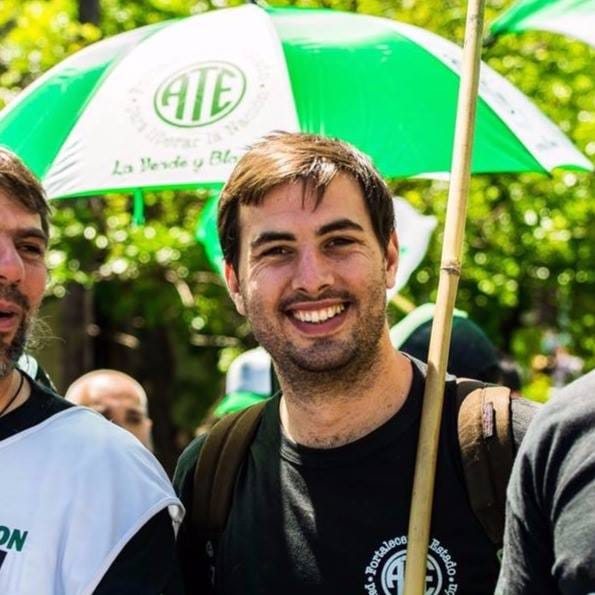
“This year the elections have got everything to do with the economy,” Manuel Martín, a 25-year-old state worker from Buenos Aires told Latin America Reports. “Obviously, when you’ve got food to put on the table, you can ask for other things, like a better political model, constitutional changes, you can look at the long term. But now, when you don’t have food for dinner, you don’t have the same priorities.”
The Argentine peso lost half of its value in 2018 and inflation is currently at 50 percent. Last year, Macri took out a historic US$57 billion loan from the IMF, and he has since been cutting subsidies and funding to public institutions in an attempt to reduce the country’s spending.
On May 28, trade unions led a national strike in protest of the ongoing austerity measures that paralyzed the country. Since last year, salaries have been decreasing month by month, forcing Argentinians to make significant changes to their daily lives.
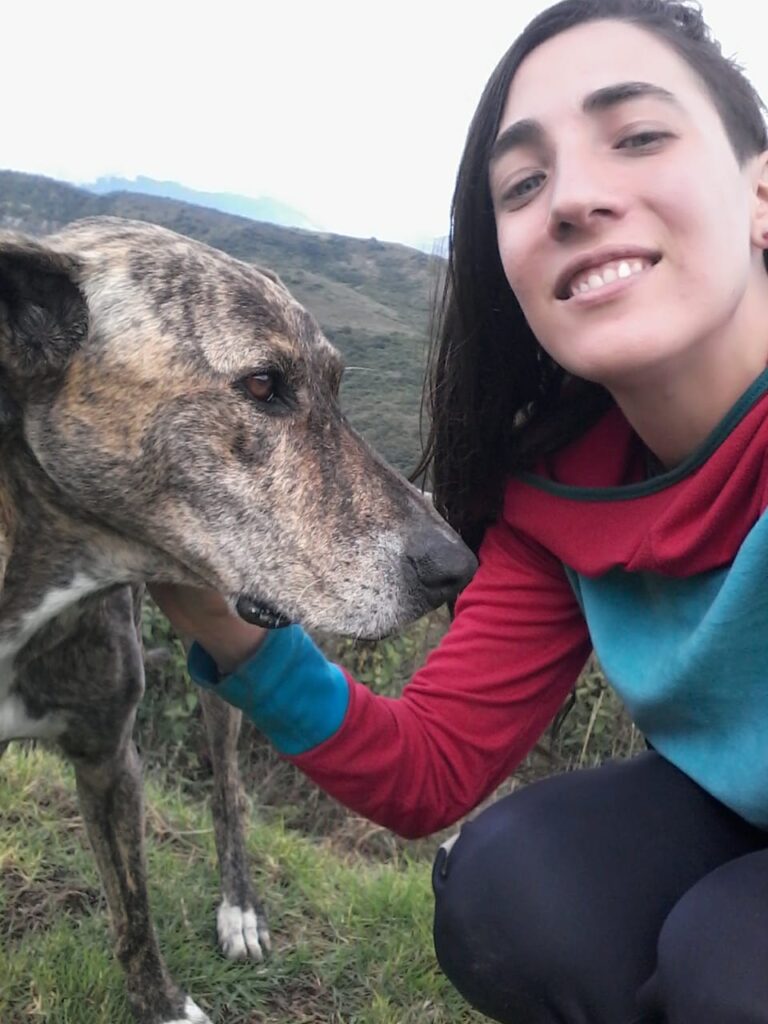
“I’ve been considering changing jobs, or working two jobs at the same time to be able to sustain myself,” Paz Dinardo Estrada told Latin America Reports. The 25-year-old lives in Buenos Aires and works as an occupational therapist for vulnerable populations. “Working in administration, well, they pay us, but it’s delayed, there are no raises, it’s become difficult to survive. In our jobs nobody works for the money.”
“It started off with me not buying any new clothes,” Martín added. “And now I’m struggling to eat. It’s a disgraceful situation.”
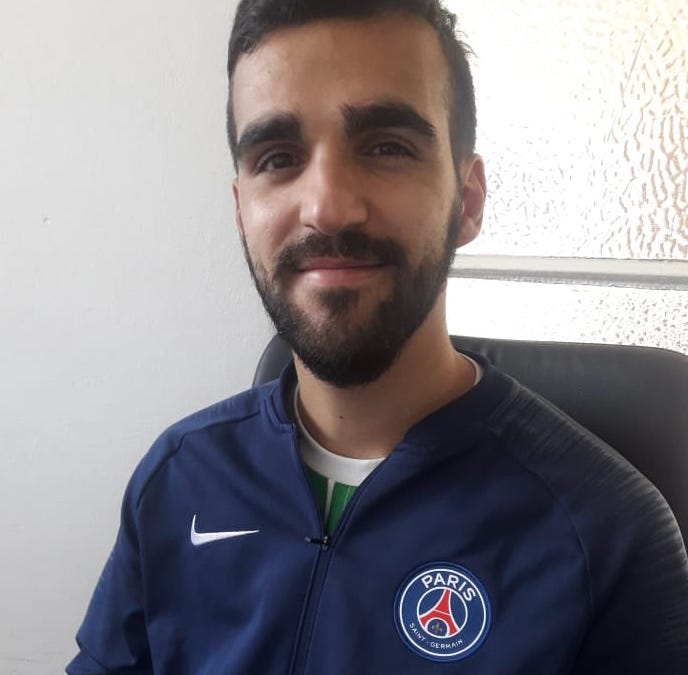
When asked about what else concerned him apart from the economy, Mauro Mayanobe, a 26-year-old accountant from La Plata mentioned corruption and citizen security. Kirchner is currently on trial for corruption during her and her late husband Néstor’s presidencies.
Political analyst Sergio Berensztein, however, explained that these issues were unlikely to strongly influence the vote this year.
“[Unlike during the Kirchner presidencies], right now corruption and transparency aren’t high-priority issues,” he said. “Especially for the most vulnerable sectors that suffer the consequences of the [economic] crisis in a more direct way. The crisis has also affected people with higher incomes, which has lost [Macri] support in these sectors […] Macri has generated huge disappointment.”
New candidate Fernández will be looking to garner votes from left-leaning kirchnerist peronists as well as moderate peronists who traditionally opposed the Kirchner presidencies, as well as those who are frustrated with Macri’s management of the country.
“Macri in no way has made a good effort to manage the country,” Dinardo said. “I mean, nothing has gotten better from anybody’s point of view, has it?”
“Other presidents have had their issues, but at least they brought something good, especially socially, which is very important to me. I think that Macri has done the opposite, there are more policies, more repression, and in prisons there is more misery, there’s more hunger,” she said.
Kirchner’s decision to step down will also damage Macri’s presidential campaign, which planned to use Kirchner’s corruption as a tactic to undermine her, explained analyst Aragon. If Fernández wins, then he will be able to pardon Kirchner of her corruption accusations, something that she wouldn’t be able to do if she herself was president.
Read more: Why corrupt but charismatic presidential candidates still get votes
Since Argentina’s return to democracy in the 80s, Macri has been the first non-left-wing president. His policy was to make difficult, long-lasting change that would help Argentina move forward and escape its cyclical history of recurring economic crises.
“There are reforms and they have to be made,” explained Mayanobe. “I’m doubtful that they’ll happen though – it’s very difficult for a country to carry out the kind of reforms we need. If Argentina wants change, I think this is going to happen over a period of years, not immediately.”



